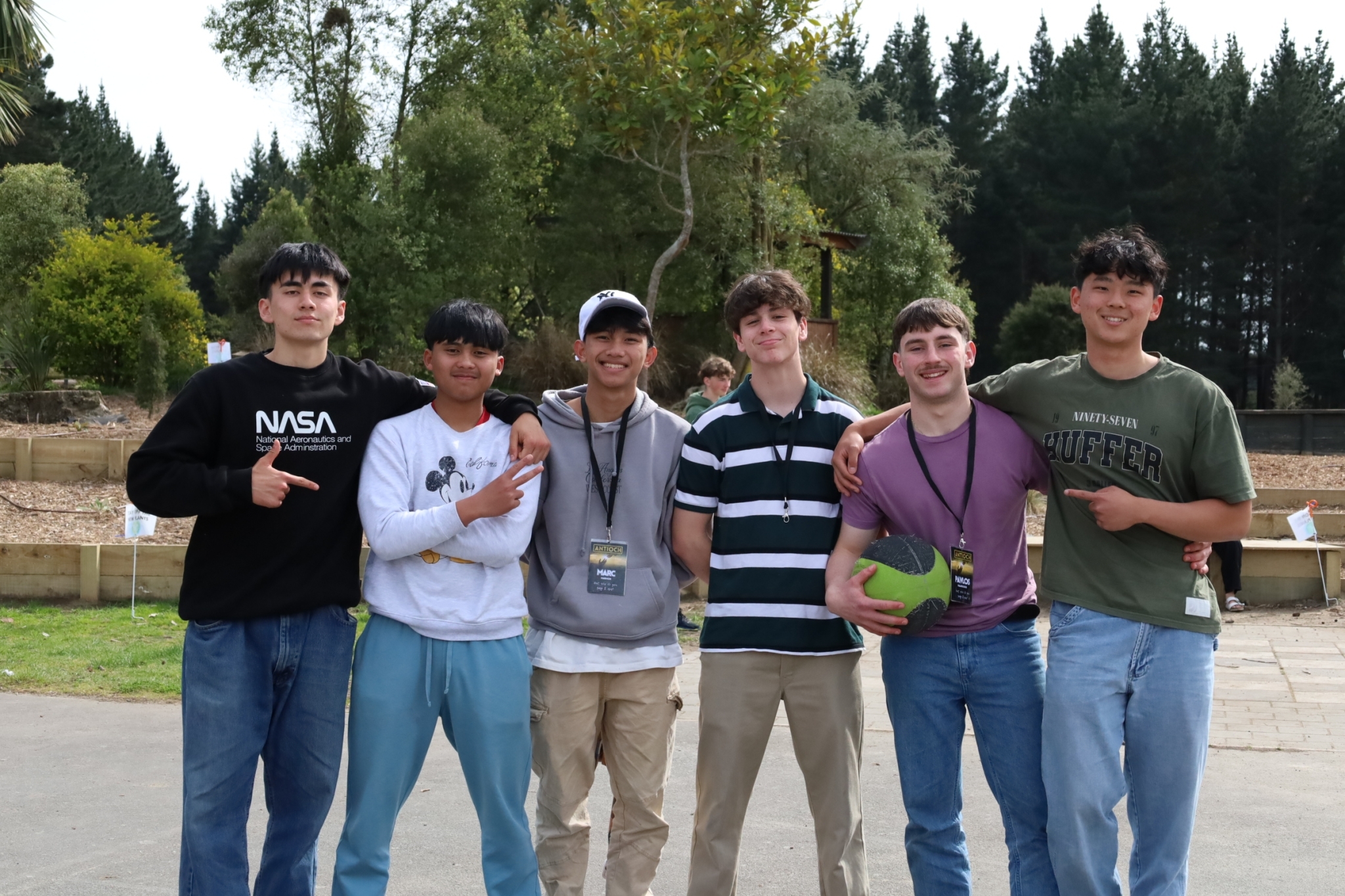Fostering Vocations in our parish communities
What can we do?
Vocations start from prayer. Indeed, it was Jesus himself who said, “pray to the Lord of the harvest”. It is important to remember that vocations is not simply the responsibility of the Vocations Director or parish priest – every person in the parish is responsible for praying for vocations, for asking people to consider it, and for supporting and nurturing those that respond generously. With all this in mind, here are some things you can do for your parish...
In the past, there was great rejoicing when a vocation came from within a parish community. One of the signs of a fruitful parish is producing vocations. Pope Benedict XVI noted that “The ability to foster vocations is a hallmark of the vitality of a local Church.”
How does a parish become vocation-producing?
Answer: through expectant prayer and activities which promote vocations. Vocations start from prayer. Indeed, it was Jesus himself who said, “pray to the Lord of the harvest.” It is important to remember that vocations are not simply the responsibility of the Vocations Director or parish priest — every person in the parish is responsible for praying for vocations, for asking people to consider them, and for supporting and nurturing those that respond generously.
Here are some things a parish might consider doing:
1. At all Masses on Thursdays, pray for priests, seminarians, and for vocations to the priesthood, using the prayer card from Pope Francis, which Bishop Gielen has asked us to use.
2. Begin a vocation ministry within your parish. In the United States, it is said that 80% of seminarians come from the 20%of parishes with a vocation ministry or committee.
3. Gather a group of parishioners and start a weekly prayer group in front of the Blessed Sacrament and pray for vocations from your parish. Perhaps you might combine this group with a weekly holy hour for vocations in front of the Blessed Sacrament.
4. Pray a 9-day Vocations Novena during Vocations Awareness Week, for vocations from your parish.
5. Insert a prayer of the faithful at Mass every week for vocations from your parish.
6. For families: pray for your children, teach them to pray, to hear the voice of Jesus the Good Shepherd, talk to them about the various vocations, invite your priests around for dinner, support and encourage your children to be open to wherever God might be calling them.
7. Give a prayer card out to every person in the parish and ask them to pray daily for vocations. In particular, ask the sick and the homebound of the parish to make this a special intention or work of theirs.
8. Run a monthly Children’s Adoration event. Adoration is a powerful way for young people to encounter Jesus and hear his call.
9. Begin a vocations group in your parish for young people open to a vocation. Teach them about prayer and discernment.
10. Invite the Vocations Director to come to your parish and preach at all Sunday Masses. He might also meet with various groups and also the young people of the parish. He could also give a talk to families about fostering vocations in family life.
11. Display vocation posters in your parish foyers and put regular bulletin notices in your parish bulletin. This keeps vocations before the eyes of the parishioners.
12. For priests: preach more often about vocations and visit classrooms. Research has shown that the seeds of most religious vocations are sown in years 4-8, even though the person does not make the final decision until years later. Catholic schools are incubators for vocations.
13. Invite seminarians into your parish to speak to parish youth and young adult groups. They make excellent speakers for young people, as they have already intentionally tested their provisional call in the seminary.
Published in Inform Issue 143 - Advent 2024

The example of a tiny Italian village called Lu Monferrato in northern Italy is hugely inspiring for what parish communities can do. In 1881, the mothers of this little village of a few thousand inhabitants began to gather each Tuesday afternoon for Eucharistic adoration to ask the Lord for vocations. They would pray together, "O God, grant that one of my sons may become a priest! I myself want to live as a good Christian and want to guide my children always to do what is right, so that I may receive the grace, O God, to be allowed to give you a holy priest! Amen!"
That prayer, and their fervent desire for vocations, bore more fruit than any of them could have ever imagined. In the span of a few decades, this one village parish produced 152 priestly vocations and 171 religious women to 41 different congregations.
The most famous example is the Rinaldi family, from whom God called seven children. Two daughters became Salesian sisters, both of whom were sent to San Domingo as courageous, pioneer missionaries. Five sons became priests, all joining the Salesians. The most well-known of the Rinaldi brothers is Blessed Philip Rinaldi, who became the third successor of St. John Bosco as Superior General of the Salesians.
